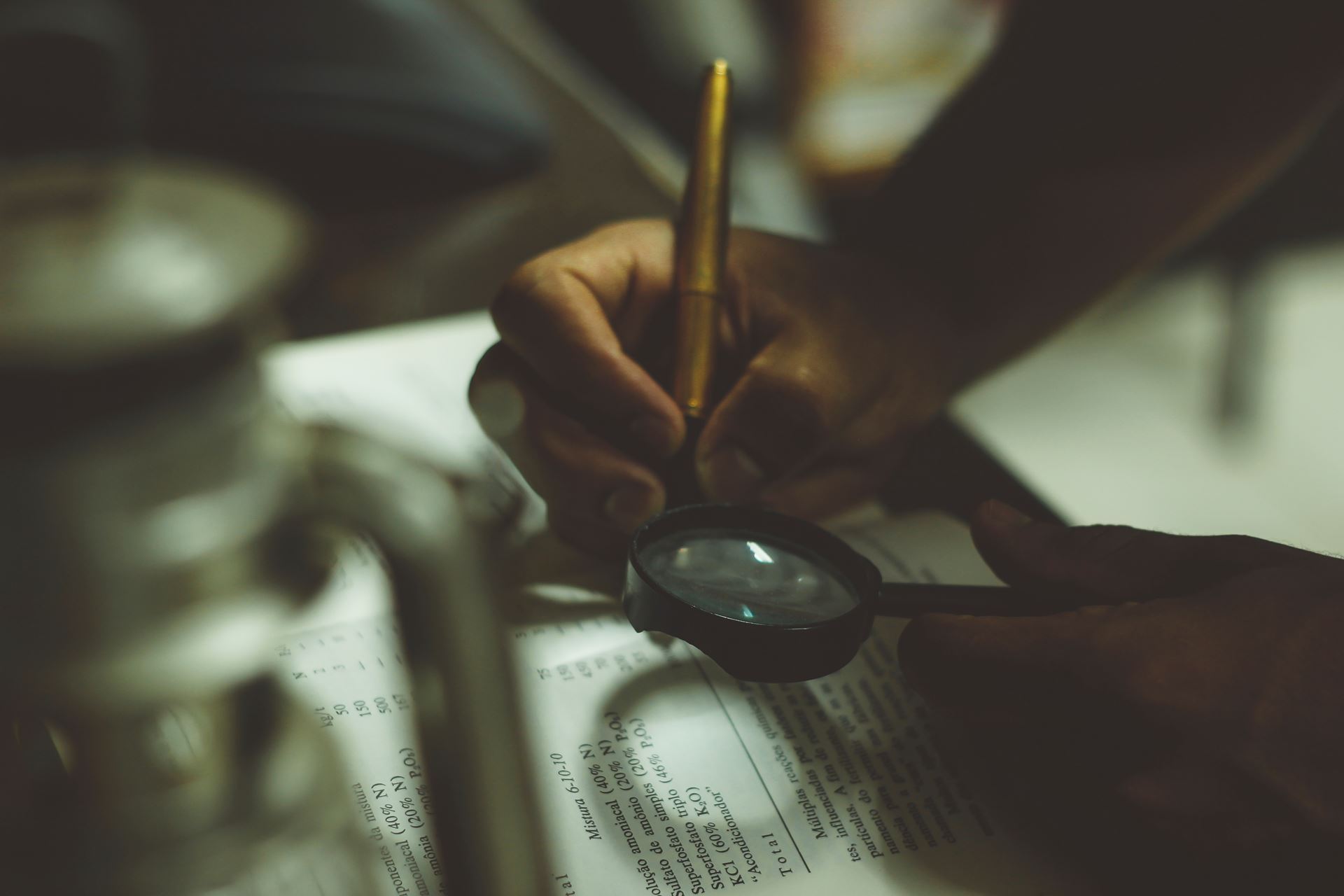Featured Resources
Understanding Fund Accounting The concept of fund accounting is one of the main differences between for-profit and nonprofit accounting. It's important for all nonprofit finance and accounting professionals to understand this key concept as they continue to advance their careers. |
Advertising Revenue vs Sponsorships Since many nonprofits look towards advertising products and services as a means to increase their revenue, it's important to understand the key differences between advertising and contributions, and the tax laws that govern both. |
Must Your Nonprofit Have an Audit? External financial audits can be expensive; however, your nonprofit may not need an audit. Find out if an audit is required for your nonprofit before you venture down this path, and learn about times when an audit is not only recommended, but required by law. |



